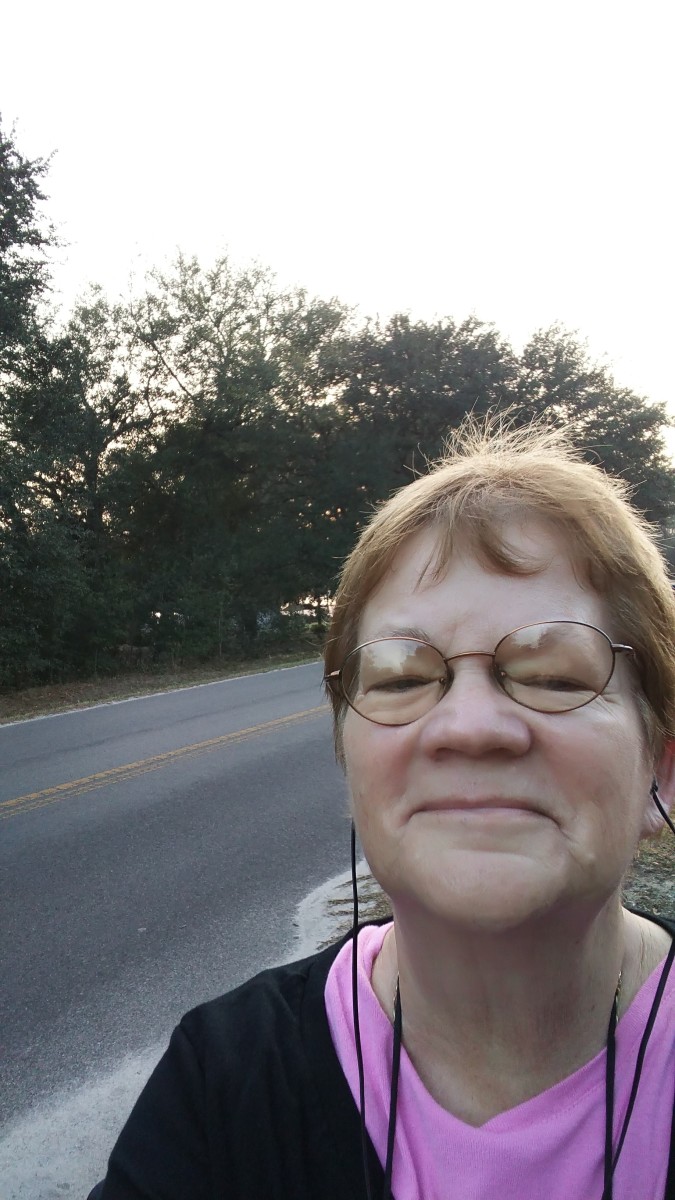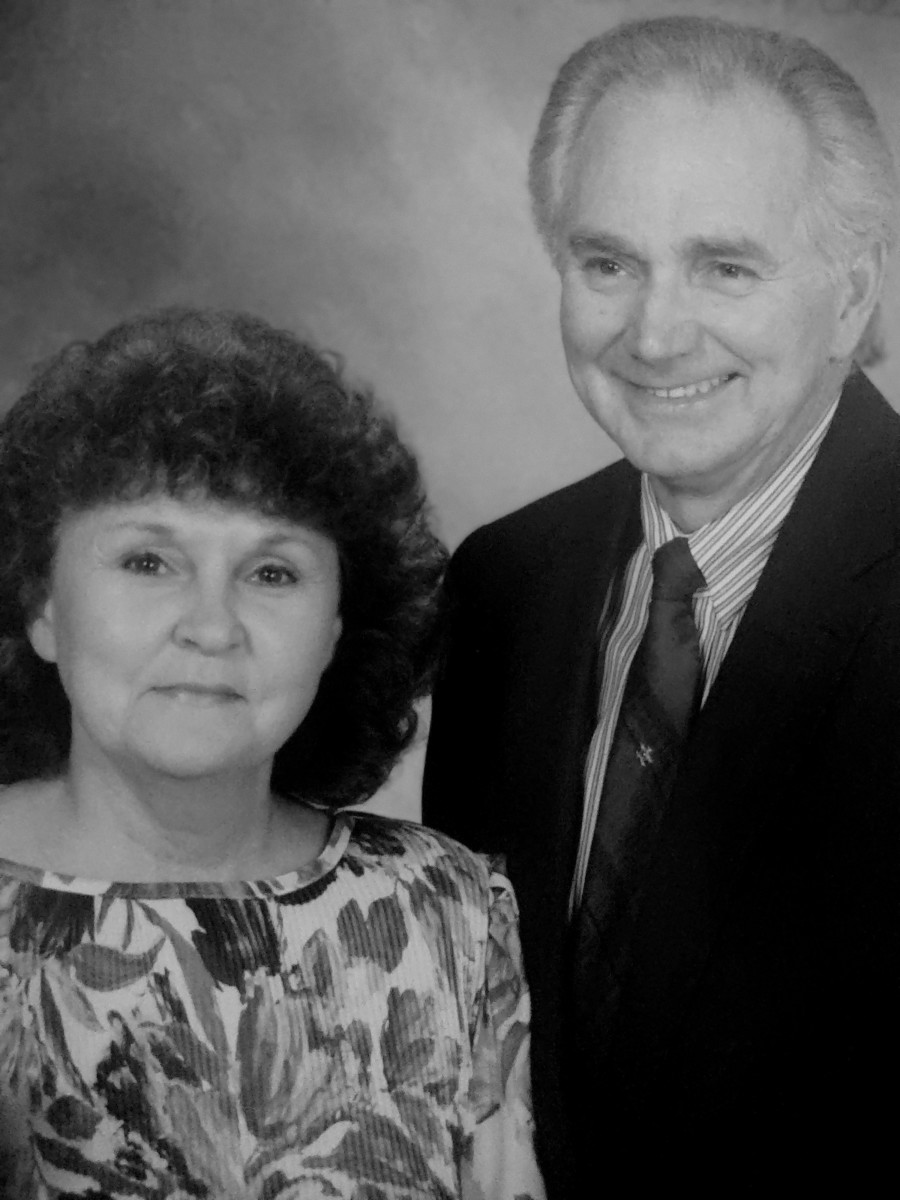Suicide: Emotional Heart Failure
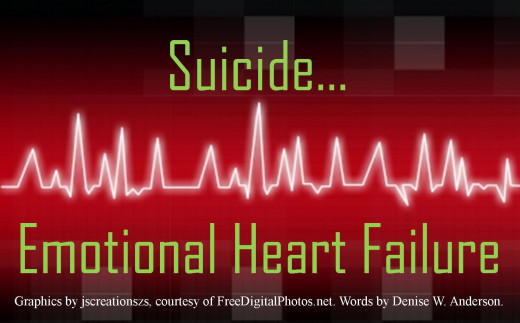
Do you know someone personally who has ended their life by suicide?
"She's gone."
"What?"
"She's gone...suicide."
"No! What Happened?"
"Drug overdose, mixed with alcohol."
I threw on some clothes and drove into the night, arriving just as the family of the deceased returned from the hospital.
Hugs were given, tears shed, and prayers uttered. The heads of all were hanging low, seared by the burning questions that convicted us.
- Why did this happen?
- Where did we go wrong?
- What more could we have done?
Time stood still as we replayed the events of the last 24 hours. Every word, every step, every action was scrutinized in light of the current circumstances. All were found wanting and our hearts filled with guilt, shame, pain, and loneliness.
Surely, God would have warned us, let us know that we needed to do something different, wouldn't he? Didn't he?
We live in an age when, as the Lord foretold, men’s hearts are failing them, not only physically but in spirit. Many are giving up heart for the battle of life. Suicide ranks as a major cause of the deaths to college students.
— Ezra Taft BensonGradually, the fog cleared and we remembered the moments, the peace of the Spirit speaking to our souls, the times we sought direction and like manna in the wilderness, we received the nourishment needed.
Now, we stand at a crossroads. We can either turn away from God and become bitter and angry, blaming ourselves and others for that which we could not control. Or we can turn to him, seeking the solace, comfort, and peace that only he can give. Grief is a deep ocean that we must not cross alone. The gospel ship will carry us safely to the other side, but it will take work to navigate the storms that arise.
There will be many a dark night. We will be seared by the hot afternoon sun of remembrance as our souls are purified. We will be tossed about on the waves of uncertainty only to be pacified moments later by beautiful vistas of hope. When we reach the other shore, we will know that it was only through God that the passage was even possible!
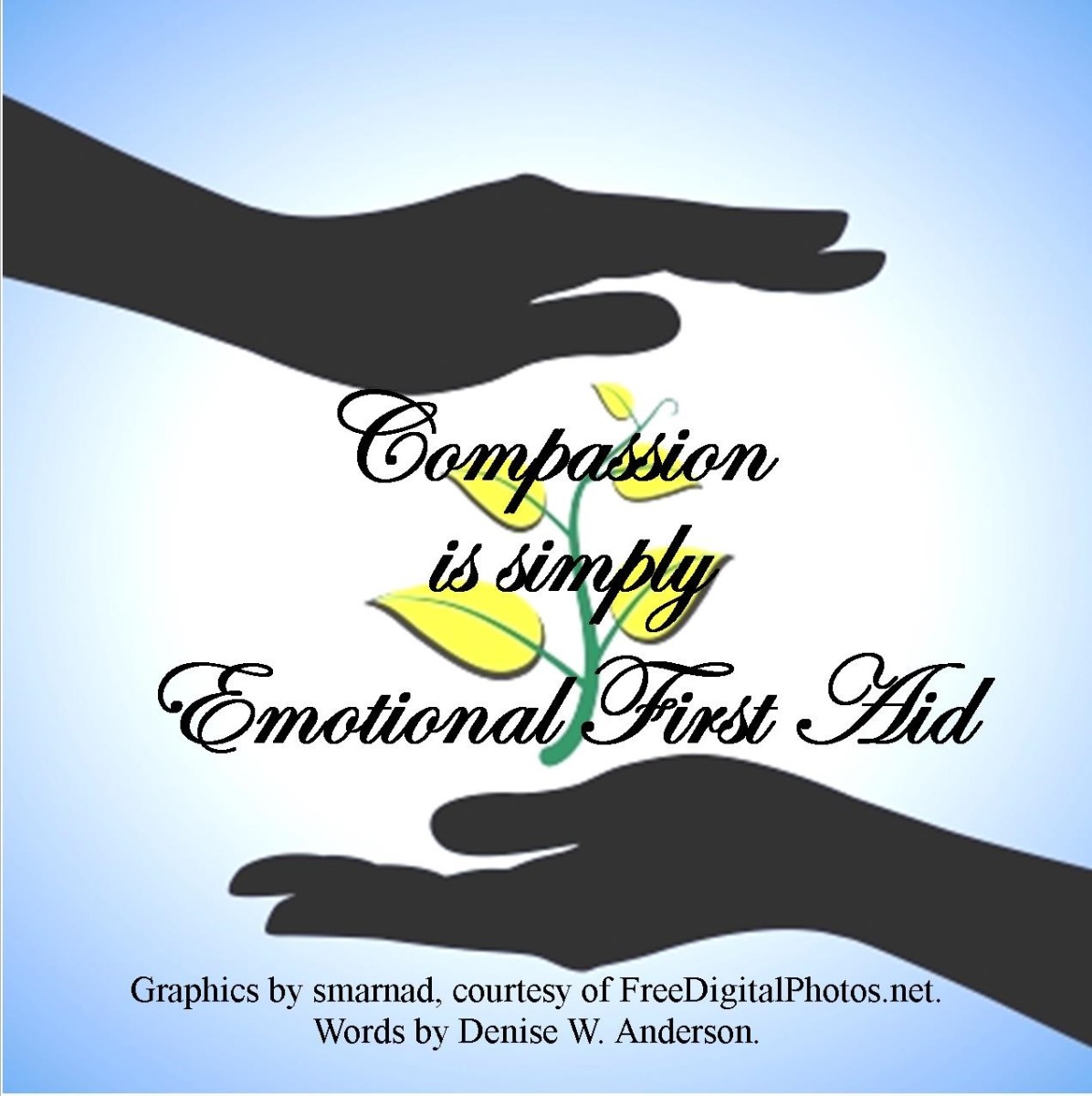
Are we still loved?
As we experienced the immense load of grief and guilt, family, church, and community members stepped forward to assuage our fears. We were still loved. We were not ostracized because of the circumstances in which we found ourselves.
Knowing that the intentional act of taking a life is condemned in the eyes of God, we wrestled with our understanding of the atonement and how it would apply in behalf of our loved one. The words of our priesthood leader at the funeral helped us immensely. Quoting M. Russell Ballard of the Quorum of the Twelve Apostles, The Church of Jesus Christ of Latter-day Saints (see link), he said:
"Suicide consists in the voluntary and intentional taking of one's own life, particularly where the person involved is accountable and has a sound mind...Persons subject to great stresses may lose control of themselves and become mentally clouded to the point that they are no longer accountable for their acts. Such are not to be condemned for taking their own lives. It should also be remembered that judgement is the Lord's; he knows the thoughts, intents, and abilities of men and he in his infinite wisdom will make all things right in due course."
Knowing that our beloved one was not consigned to an endless eternity of torment brought us a great sense of peace. We knew that she was in the arms of those who had gone before, resting from the emotional and mental turmoil that had been hers throughout her life.

What now?
How can we go on? How can we step into the darkness when the light is gone from the eyes of one that we love?
When death crosses our paths, we question our own mortality. We come to the realization that life is short, and that our actions reap eternal consequences.
Suicide, however, is different. We not only question our own mortality, but we question our own feelings of self-worth. We ask ourselves, "Who am I to continue on when someone I love has not been able to do so? What hope is there for me?"
We all entertain thoughts of suicide at one time or another, thinking perhaps that our loved ones would be better off without us or that death would be an escape from our current circumstances. Why then, are we still here, when our loved one is gone?
We do not know what thoughts enter the mind of those who have taken their own lives. They are no longer with us to divulge that information. We do know, however, that those who have attempted suicide experience common issues. We base our understanding from what they have shared. We know the following:
- Suicidal thoughts, ideation, and statements are considered to be at-risk behavior, and are to be taken seriously.
- A person who has previously attempted suicide is at high risk for completion.
- Those with mental illness are at greater risk of suicide than others.
- There is no age limit. Suicide can happen at anyone, young or old.
- Feelings of hopelessness and worthlessness, coupled with the opportunity to escape, often lead to suicide.
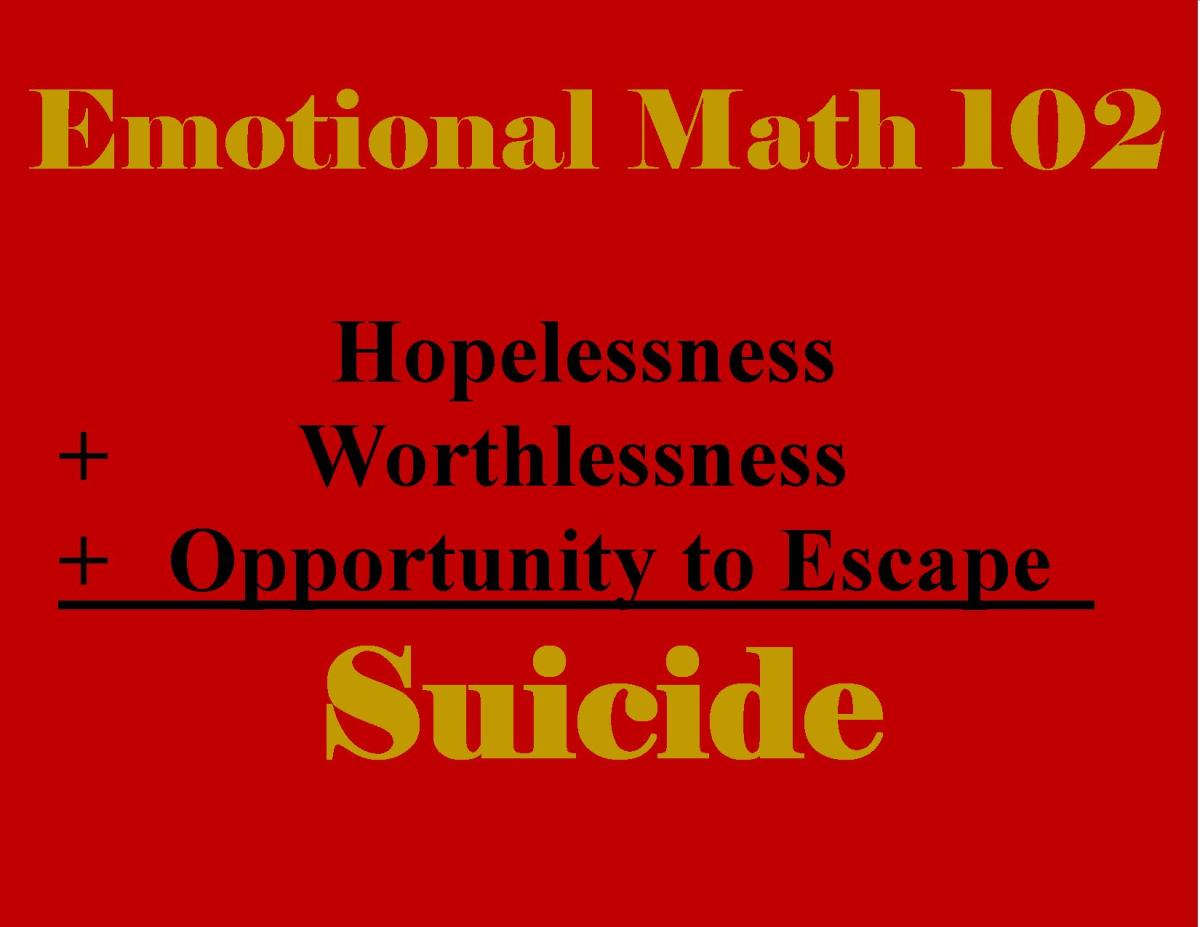
Is there anything we can do?
When suicide is experienced, it is time to talk about it openly. Only then do we see the serious consequences for all involved. Those who are left behind have poignant feelings. They are at increased risk of suicide now and in the near future.
Feelings of hopelessness and worthlessness are the natural result of certain things that we experience in this life. Our ability to recognize these feelings for what they are and deal with them keeps suicidal thoughts at a minimum.
A strong system of support is the greatest deterrent to suicidal ideation. Those with emotional or mental heath problems tend to isolate themselves. Our efforts to involve them in our lives, compassionately teaching them the vital life skills necessary for them to be successful helps to alleviate the risk associated with these issues.
There are basic principles of emotional health that give us the tools we need to go forward in the future. The Emotional Survival Handbook outlines these tools and gives us ways to use them to benefit ourselves and those we love.
Until we know and understand mental illness and what it does to us, we will continue to experience the tragedies this cancer of the soul brings into our lives.
Suicide, in essence, is emotional heart failure. It is up to each one of us to decide today, that when the dragon of depression opens its mouth wide to swallow us whole, we will have the courage to cry, "No!" and get the help that we need.

© 2015 Denise W Anderson




